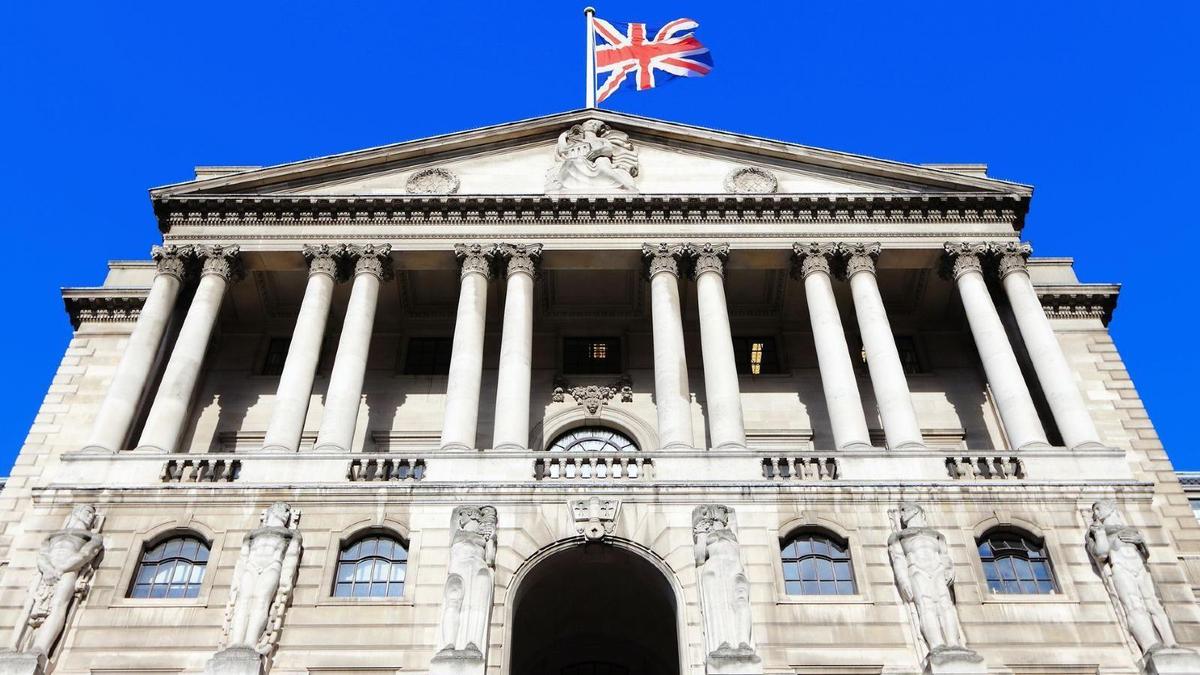- The Bank of England may introduce a digital pound if commercial banks fail to innovate payment systems effectively.
- BoE integrated Ripple’s Interledger Protocol into its RTGS system to explore advanced payment technology.
The Bank of England (BoE) is taking substantial steps toward potentially establishing a digital currency known as a Central Bank Digital Currency (CBDC). Driven by the fast drop in cash use and the increase of digital payments, this project marks a turning point for the direction of money in the United Kingdom.
Andrew Bailey, Governor of the Bank of England, said in a recent speech that the lack of creativity from commercial banks in inventing new payment systems would force central banks to act. Bailey claims that a digital pound would live with rather conventional forms of money rather than replace cash.
It would provide consumers still another choice for paying while preserving stability and confidence in the monetary system.
Bank of England Prepares for Potential Digital Pound Amid Financial Sector Delays
Bailey’s caution captures rising worries about the slow speed of financial sector reform, particularly in view of changing payment technology. He underlined that central banks might take the front stage if commercial banks keep lagging behind.
Currently under investigation by the Bank of England is the creation of a digital pound, which would completely change the financial space.
The BoE is in the design stage, assessing technical and policy needs over the next two to three years, even if it has not yet reached a decision. Any future implementation would be open for public review and parliamentary approval.
There are certain difficulties associated with this shift towards a CBDC, though. The BoE notes that commercial banks remain the “best home” for retail payments’ innovation. But as Bailey pointed out, growing concentration of market power and resistance to innovation have caused questions regarding whether these institutions can match consumer needs.
Though Bailey pointed out this is not his desired outcome, the BoE is getting ready for the likelihood of intervention. Still, it is a crucial factor since the bank wants to modernize both domestic and international payment systems.
On the other hand, the BoE has been heavily involved in investigating blockchain technology’s fit within current systems. Last year, as we previously reported, the BoE investigated the possible applications for Ripple’s Interledger Protocol (ILP).
Based on the results of its study report, the bank included Ripple’s solution into its Real-Time Gross Settlement (RTGS) system, therefore signally advancing its investigation of novel payment technologies.





















